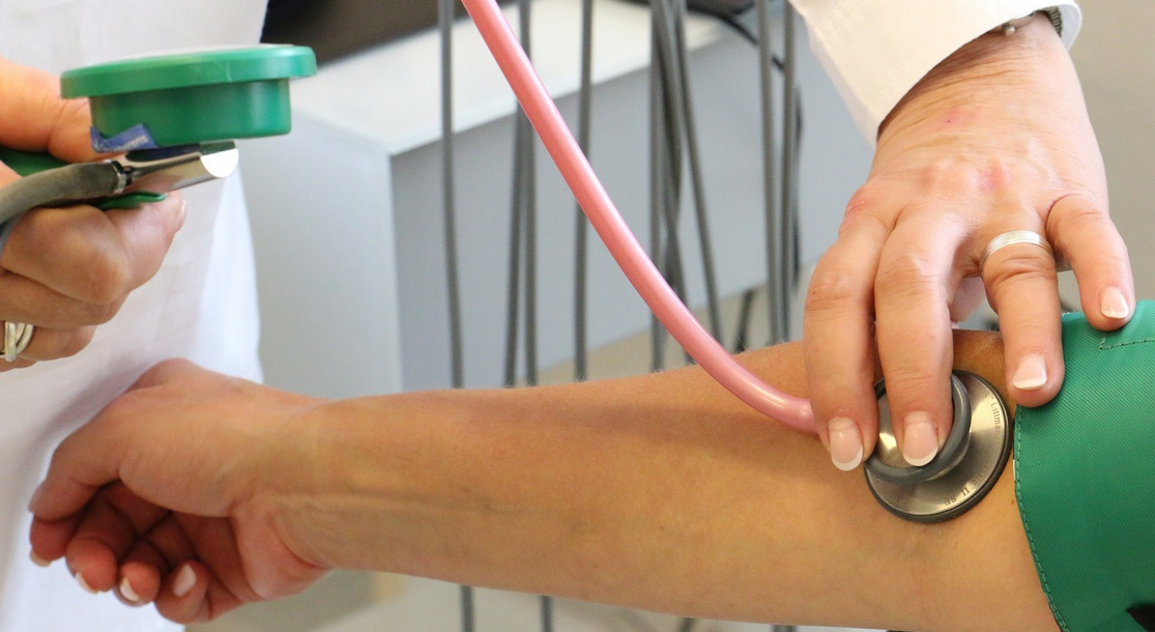Data from Discovery Health Medical Scheme (DHMS) shows a notable rise in chronic disease rates in South Africa over the past five years.
According to the medical scheme’s latest data, from 2018 to 2023, the prevalence (the number of people who have a condition at a specific point in time) of diabetes increased by 29%, hypertension increased by 22%, and hypercholesterolaemia increased by 35%.
Dr Ron Whelan, the chief executive of Discovery Health, says many chronic illnesses have no symptoms.
“People typically don’t feel unwell until the chronic disease is well advanced. For instance, diabetes will often only be detected for the first time following a heart attack, a non-healing foot sore, or diminished eyesight. Similarly, hypertension is often only detected for the first time following an acute cardiac event, such as a stroke or heart attack,” he says.
Dr Noluthando Nematswerani, the chief clinical officer at Discovery Health, says diabetes and heart disease are two of the most prevalent diseases in the DHMS member base, and in South Africa and globally.
Diabetes and heart disease have a significant impact on life expectancy and health span (years spent in good health), which is why early intervention and the right short-and long-term support are important, says Nematswerani.
According to the International Diabetes Federation, about 1 in 10 South Africans have diabetes, but about half of them do not know they have the disease.
Diabetes is a leading cause of death among South African women, and the disease has tripled in prevalence since 2010.
The Heart and Stroke Foundation states that 225 South Africans are killed by heart diseases every day. Yet, 80% of heart disease and strokes can be prevented.
“Often, these diseases are usually only picked up in the late stages, by which time more intensive treatment is required, with significant impact on life expectancy,” adds Nematswerani.
“Early intervention is fundamental to preventing long-term illness. The earlier we detect the onset of illness and put steps in place to reverse or halt disease progression, the better a person’s health outcomes.”
Health check rate returns to pre-Covid levels
DHMS claims data shows that during January to December 2020, the first year of the Covid-19 pandemic, annual health checks carried out by members dropped by 52%, compared to the same period in 2019.
This week, the medical scheme noted that the rate of health checks has not only returned to pre-Covid levels but exceeded expectations.
In 2023, DHMS saw more than double the number of health checks compared to 2021. In comparison to 2022, there was a 47% increase in health checks in 2023.
The medical scheme ascribes the increase to the introduction of its WELLTH Fund in January 2023.
The fund becomes active once all beneficiaries on a medical scheme plan have completed their health checks. After activation, each adult beneficiary receives R2 500 and children aged 2 to 18 get R1 250 each, with a family limit of R10 000.
The fund offers access to six types of preventive health services, including general health screenings, physical health checks, mental health wellness exams, gender-specific screenings, children’s health checks, and medical monitoring devices.
So far, the fund has paid out more than R600 million to providers and members.
The one-time benefit will be available until 31 December.
Whelan says the fund has encouraged beneficiaries to complete their annual health checks and reinforced the value of preventive care.
“If members keep up with their annual health check – which typically takes 15 to 20 minutes to complete – they have a regular update on their blood pressure, blood glucose, cholesterol, and waist-adjusted Body Mass Index, enabling effective management of their health and early detection of the main health risks impacting lifespan and health span,” he says.



